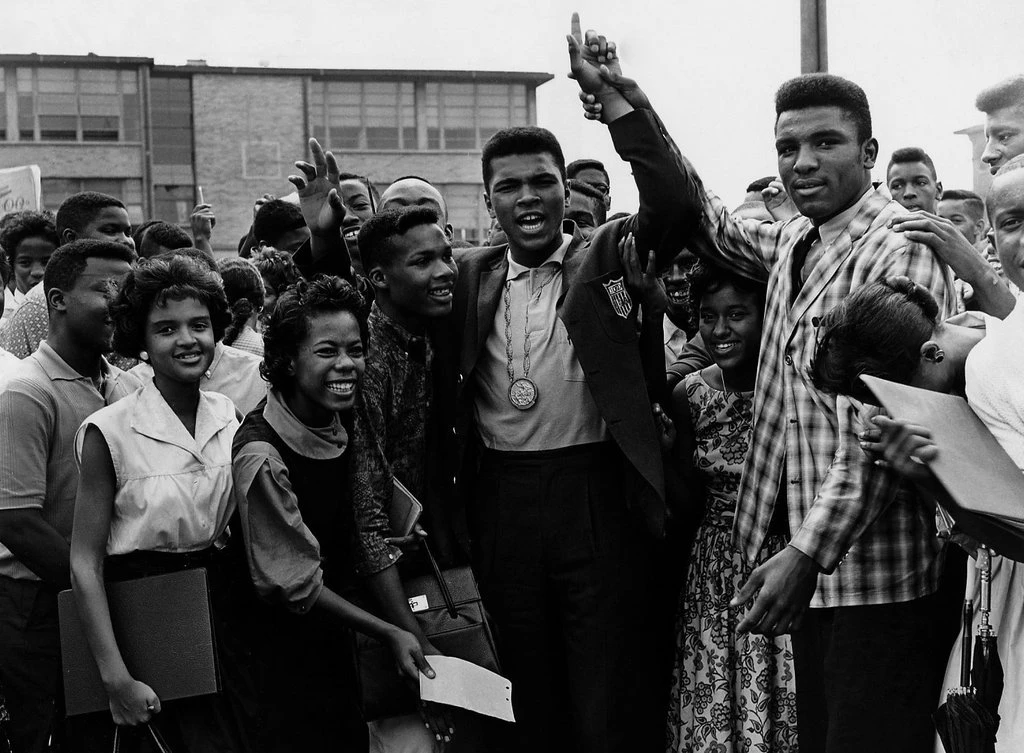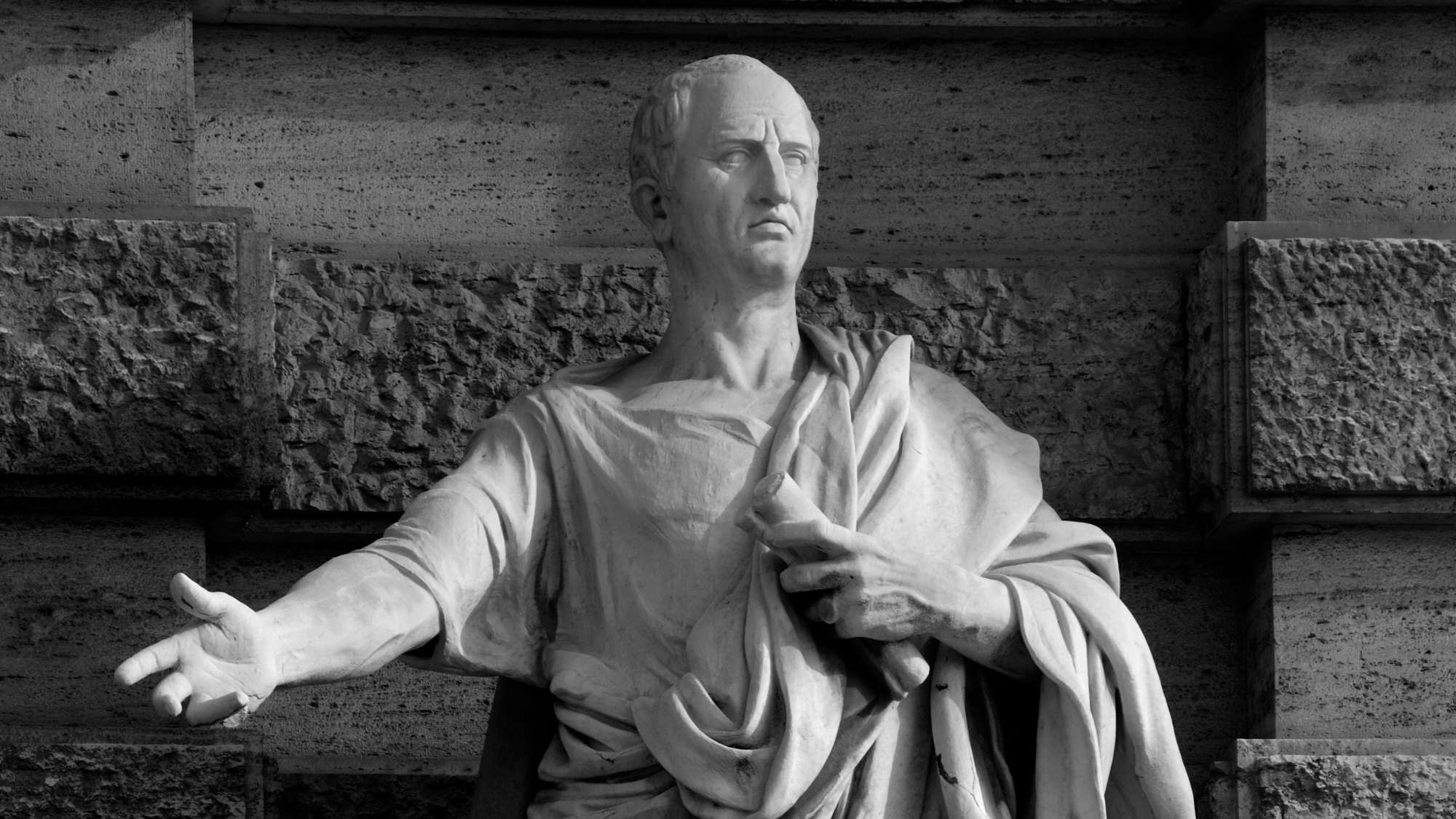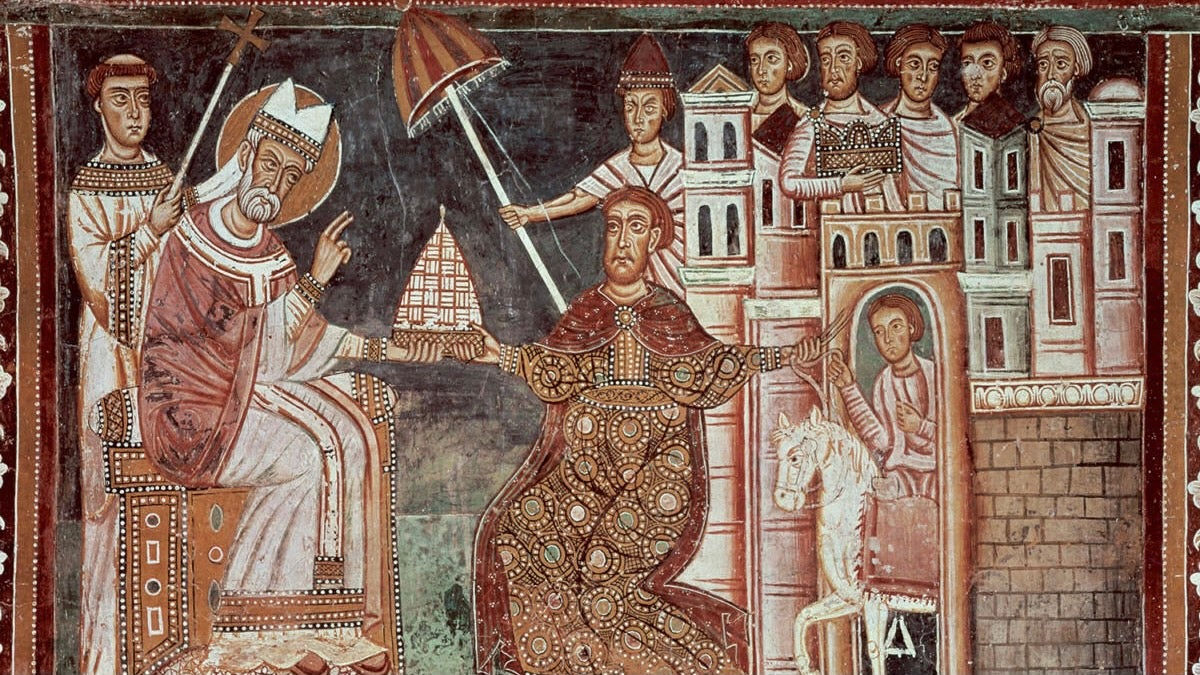goldengaterestaurantphoenix.com – Muhammad Ali, born Cassius Marcellus Clay Jr. on January 17, 1942, in Louisville, Kentucky, was not only a legendary figure in the world of boxing but also a prominent figure in the fight for civil rights. His life, spanning from his early days as a young boxer to his later years as a global icon, was marked by his unparalleled achievements in the ring and his unwavering commitment to justice and equality outside of it.
Early Life and Boxing Career
Ali’s journey to becoming “The Greatest” began at the age of 12 when he joined a local boxing gym after his bicycle was stolen. He quickly rose through the amateur ranks, winning a gold medal at the 1960 Rome Olympics. Turning professional in 1960, Ali’s career was characterized by his unique style, speed, and charisma. He became the youngest heavyweight champion in history in 1964 when he defeated Sonny Liston, a victory he followed with a series of successful defenses and iconic bouts, including the “Rumble in the Jungle” against George Foreman in 1974 and the “Thrilla in Manila” against Joe Frazier in 1975.
Civil Rights Activism
Beyond his boxing career, Ali was a vocal advocate for civil rights and racial equality. In 1964, he converted to Islam and changed his name from Cassius Clay, rejecting what he saw as a slave name. His conversion and outspoken criticism of the Vietnam War, for which he was arrested and stripped of his boxing titles, made him a polarizing figure. Ali famously declared, “No Viet Cong ever called me n****r,” a statement that encapsulated his refusal to fight in a war he believed was unjust and did not represent the interests of African Americans.
Legacy
Muhammad Ali’s legacy extends far beyond the boxing ring. He was a symbol of resistance and a voice for the oppressed, using his platform to speak out against racism and injustice. His influence was felt not only in the realm of sports but also in the broader struggle for civil rights and social justice. Despite facing significant backlash and personal sacrifice, Ali remained steadfast in his beliefs, embodying the principles of courage, conviction, and compassion.
In later years, Ali’s public appearances were marked by his battle with Parkinson’s disease, a condition he lived with for over three decades. Despite the physical challenges, Ali continued to be a beloved figure, celebrated for his achievements in and out of the ring.
Muhammad Ali passed away on June 3, 2016, but his legacy lives on. He remains an inspiration to millions around the world, a testament to the power of one individual to make a difference and to stand up for what is right, no matter the cost.


